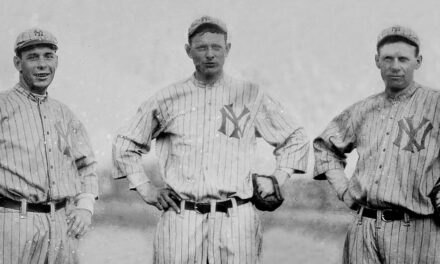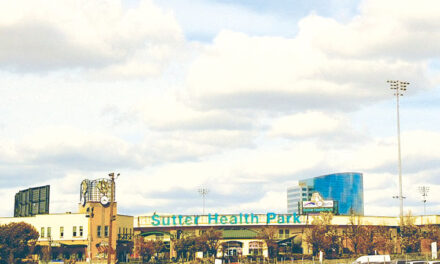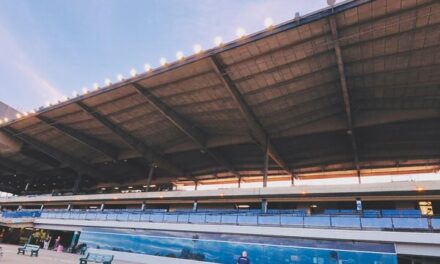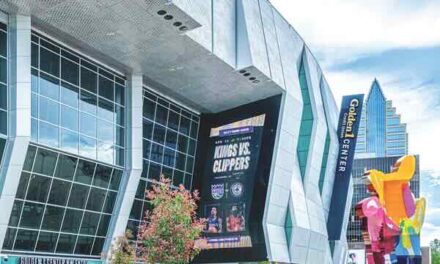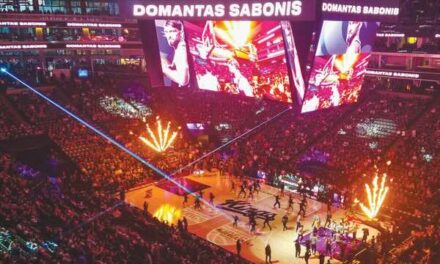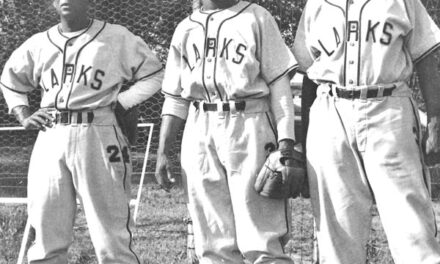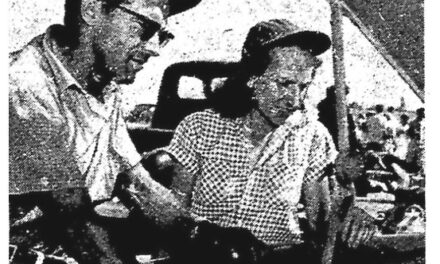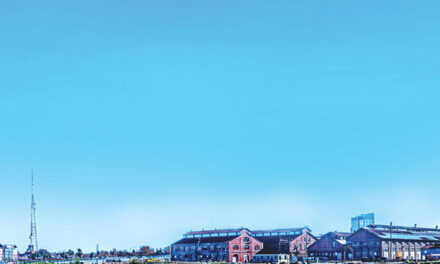Try to imagine the 2025 World Series between the Dodgers and A’s. Picture how Major League Baseball explains why the A’s home field games will move to Oracle Park in San Francisco.
Imagine words like these: “Because the World Series requires an appropriate venue.”
Lucky for Major League Baseball, the A’s have no chance to reach the World Series. Not as long as the club is run by John Fisher, heir to the Gap clothing fortune and one of the cheapest, least effective operators in sports.
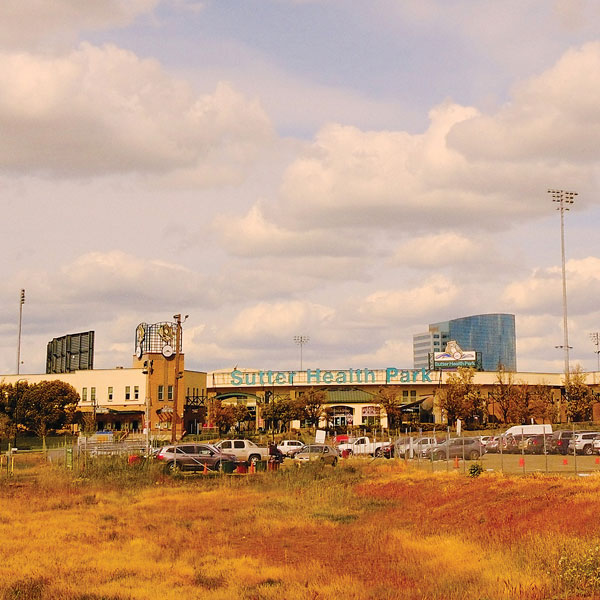
Fisher’s presence erases any likelihood baseball’s grand tribunal of owners, corporate sponsors and media partners will endure World Series games at a 14,000-seat minor league ballpark in an industrial patch near the Sacramento River, upstream from tomato fields in Yolo County.
But trouble looms. By letting Fisher couch surf for three years at West Sac’s Triple-A summer camp, Vivek Ranadivé can wreck a local treasure—the River Cats.
I’ve always loved the River Cats. A quarter-century ago, when Warren Smith and Bob Hemond called me to a bar in Old Sacramento and revealed architectural drawings for a West Sac baseball stadium just steps from the Tower Bridge, I thought, this is brilliant.
Exactly what the region needs.
What we didn’t need—then or now—was Major League Baseball.
At that point in my sports writing career, I’d toured dozens of big-league stadiums and seen too many major league games. I knew the sweet spot for fans—cheap ticket prices, decent concessions and ease of accessibility—was Triple-A baseball.
I thought, if someone proposes bringing Major League Baseball to Sacramento, run and hide. It can only bring heartache and municipal debt. Ask Oakland.
Now Ranadivé, the Kings’ managing partner who bought the River Cats and their ballpark two years ago for about $90 million, is poisoning the secret sauce that made the River Cats one of the best little teams in America.
By forcing the River Cats to share their stadium with the A’s, he’ll turn the local club into second-class tenants at their own home. The Cats will chase crumbs dropped by the A’s.
Ranadivé will exploit demand and encourage local baseball fans to compete for A’s tickets. He’ll build a social hierarchy of citizens who can afford Sutter Health Park on certain nights and those who can’t.
I appreciate why Ranadivé wants a big return on his West Sac investment. But I hate to see him make the River Cats an afterthought.
Ranadivé doesn’t hide his ambitions. He tells The New York Times, “Believe it or not, this is going to be the best ticket in Major League Baseball. Because it’s a small, intimate stadium.”
Ranadivé sees the A’s as a cash machine. With that small, intimate stadium, he’ll establish astronomical prices. The A’s will value themselves like the Dodgers or Yankees.
Fisher hasn’t finalized his transfer to an unbuilt stadium in Las Vegas. With Fisher involved, there’s no such thing as a sure thing.
But assuming the Vegas deal happens, the A’s layover in Yolo County will carry the same longterm significance as those three seasons the Kings spent splitting time between Omaha and Kansas City.
That was 50 years ago. Nobody remembers.
The other day, I checked ticket prices at Dodger Stadium, where big dollars reign. For $113, I get a lower-level seat in Row 44 against the Padres.
Then I check tickets at Sutter Health Park for a River Cats game against the Tacoma Rainiers. I find a seat in Row 29 for $23. Or I splurge for the front row next to the Tacoma dugout, practically on the field, for $38.
A front-row seat at Dodger Stadium—available only from scalpers—goes for maybe $800.
There will be at least 153 baseball games in West Sac next summer, A’s and River Cats. That’s 2.1 million seats to fill each season. In a small market with few corporate spenders.
I see sad, lonely nights ahead for the River Cats.
R.E. Graswich can be reached at regraswich@icloud.com. Follow us on Facebook and Instagram: @insidesacramento.



